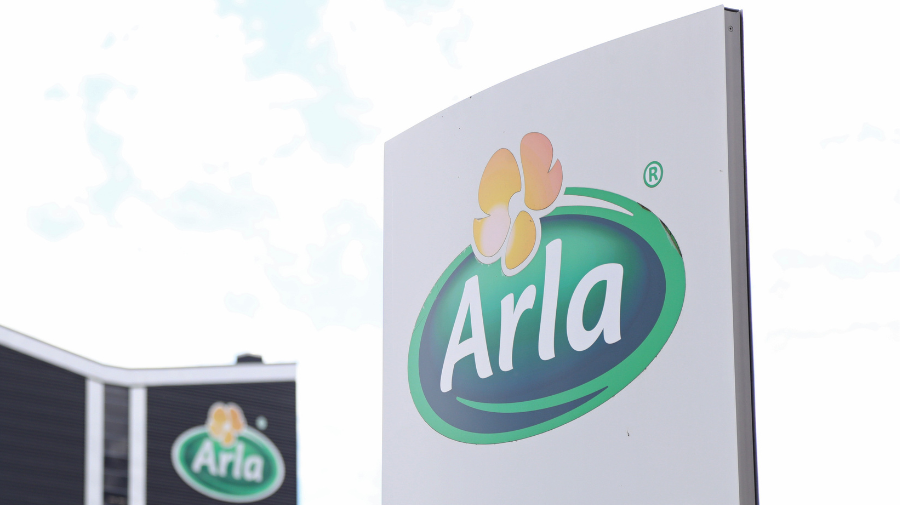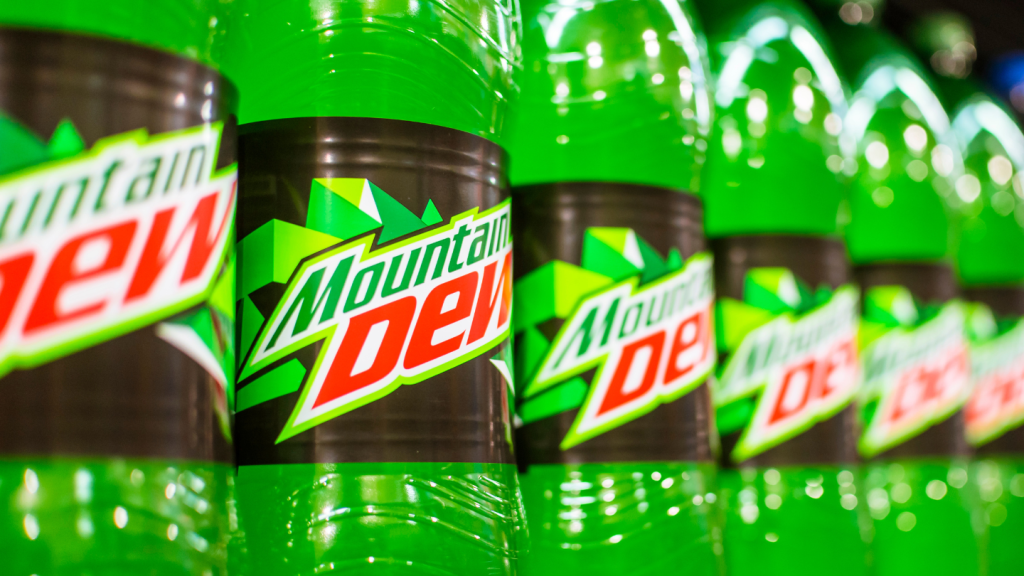A senior executive at Danish dairy major Arla Foods has told an industry conference that the sector needs to modernise its messaging to win over consumers.
Patrik Hansson, Arla's CMO, told the audience at the Dairy Innovation Strategies 2024 event in Copenhagen that the sector needs to find different ways to innovate and to get its message across.
“The dairy industry hasn’t modernised. It’s still talking about the family breakfast. I’m sorry, that’s gone,” he said.
“How do we get the next generation to enjoy our products? We need to find ways to innovate in a different way to attract the cool kids of the next generation.
“How do we make all this fun? That’s the way to change the behaviour of consumers.”
Speaking at an event organised by Arena International, Just Drinks’ sister company, Hansson said dairy also needs to be at the forefront of some of the big issues facing the food industry and the planet such as obesity and climate change.
“We recognise that what we have done in the past is not what we will do in the future,” he said.
“We know that in 15 to 20 years’ time we will need to start feeding ten billion people.
“We know 400,000 Danes will be taking [weight control drug] Ozempic in the future to deal with dietary problems.
“We are more likely to die from unhealthy food than from problems linked to sex, drugs and alcohol.
“The problem is killing people today on a large scale. The solution is not more food but better food.”
Hansson said he believes many people have lost touch with what food really is “which is to bring you the nutrition your body needs”.
He added: “Eighty per cent of people say they are confused as consumers as to what is healthy or unhealthy food. That is a big, big problem and we need to tackle it as an industry.
“We need to be better at finding a food system to nourish people. Science is pointing in all directions. We need to come together as an industry to find one way of doing this.
“It’s super-important that we get fat and sugar down and to get more sustainability but I think the food industry has forgotten about nutrition.”
Hansson argues that dairy has the tools to tackle some of these problems.
“There is a lot of new knowledge available today. We are sitting on a lot of magic and it’s how we change that into products people want to consume,” he said. “We are talking about dairy 2.0.”
Hansson is also keen to see greater collaboration with non-dairy sectors.
“The future will have to see the dairy industry and food industry working in sync with consumers to be culturally relevant,” he said.
“The future will contain plant-based and dairy but also hybrid products will be part of the solution. I think it is too early for that at the moment but eventually why wouldn’t consumers want to get the benefits of the best of plant-based and dairy?”
















